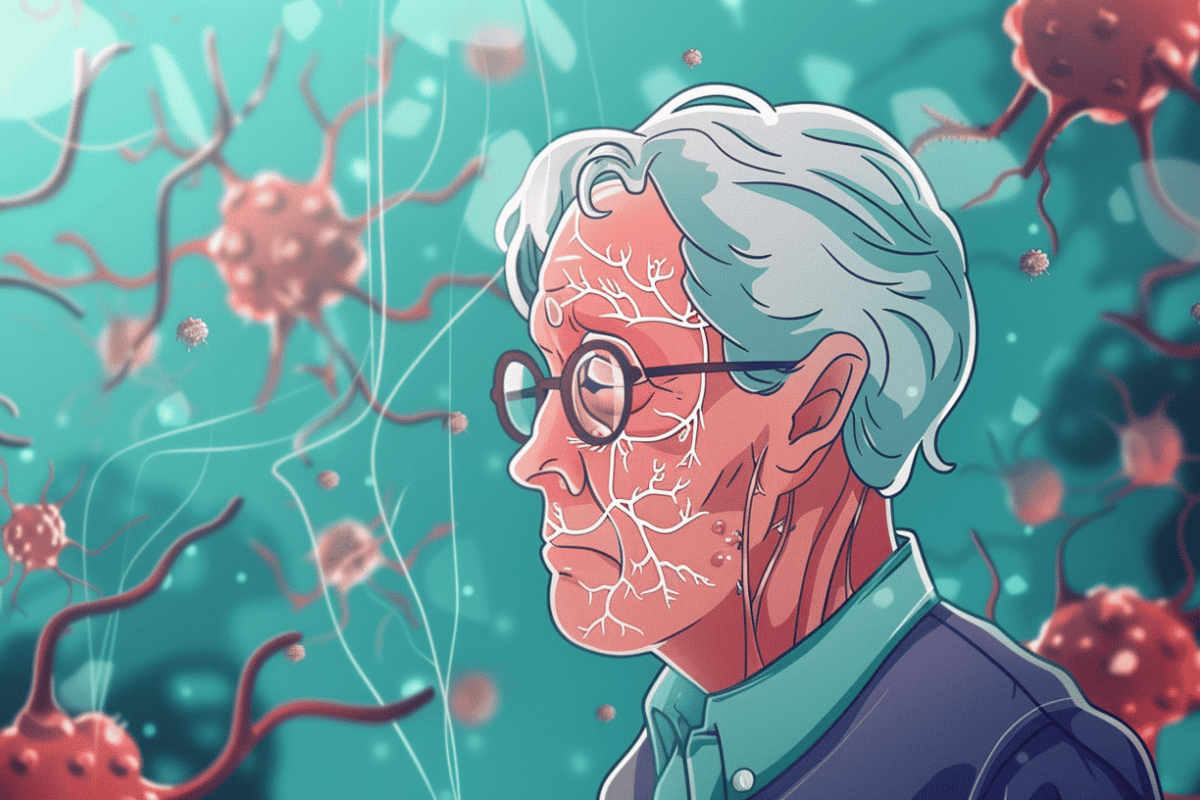The pandemic accelerated digital transformation in healthcare, emphasising the importance of opening up new digital channels as traditional communication methods became less effective.
This shift enabled healthcare providers to better meet patient needs and improve care delivery and efficiency. Adopting new digital tech strategies have become crucial for engaging patients online and providing vital health information.
Additionally, generative artificial intelligence (GAI) is making significant strides in healthcare, offering personalised and efficient solutions through synthetic data and AI chatbots. Let’s take a look at some of the newest digital technologies in the healthcare space.
Setting the Context
I want to set the context and highlight the link between marketing, patient communication and how new tech solutions could be adopted by healthcare providers, allowing for better patient outcomes.
Let’s take a look at a study titled ‘The impact and challenges of digital marketing in the healthcare industry during the digital era and the COVID-19 pandemic’, as published in the journal Front Public Health.
This study highlights the profound impact that COVID-19 had on the healthcare industry and the subsequent pivot towards digital strategies to adapt to the challenges posed by the pandemic.
With lockdowns and the fear of visiting healthcare facilities, there was a notable shift towards digital channels for healthcare information and services, leading to an increase in the use of digital marketing by healthcare providers.
Key findings include:
- Due to total lockdown in different regions, digital marketing was crucial because traditional marketing strategies no longer worked.
- The evolution of the internet and digital technologies has transformed marketing, with patients increasingly using online resources to make informed health decisions. This shift offers healthcare organisations new opportunities to expand services and compete more effectively.
- Digital tools were identified as critical for achieving health objectives, with a significant increase in hospital use of digital technology to reach consumers and provide healthcare.
- The study also discussed the strategic importance of digital marketing in attracting new patients and providing quality health services, which enhances patient satisfaction and loyalty.
Challenges and barriers exist in the implementation of digital tech within healthcare, including issues related to security, patient privacy, and regulatory compliance. Overcoming these challenges requires management commitment and a strategic approach.
Generative AI in Healthcare
In healthcare, generative AI (GAI) is showing great potential in fields like medical research, diagnosis, treatment, and patient care, with significant progress already seen in practical applications.
Through the creation of synthetic data, generative AI enables the development of medical algorithms without compromising patient privacy.
Additionally, it powers chatbots and virtual assistants, ensuring seamless patient support throughout their healthcare journey. These advancements not only streamline operations but also personalise the patient experience, showcasing the power of digital marketing in facilitating accessible, tailored healthcare solutions.
In an extensive study on Generative AI (GAI) in healthcare published in IEEE Access, the transformative potential of GAI across various applications within the healthcare sector was looked at. The paper meticulously explores the current advancements, real-world deployments, and limitations of GAI, emphasising its revolutionary impact on medical research, diagnosis, treatment, and patient care.
Below are the key findings, outcomes, and discussions highlighted in their study.
Generative AI’s Role in Healthcare
GAI models like ChatGPT, DALL-E, and Bard are significantly impacting healthcare by democratising access to advanced AI applications. These models facilitate medical imaging, drug discovery, personalised patient treatment, and more, enhancing patient outcomes and healthcare delivery efficiency.
Real-World GAI Performance
The study presents four real-world scenarios where GAI applications have shown promise: diagnosing visual snow syndrome, optimising molecular drug development, enhancing medical education, and advancements in dentistry. These scenarios underscore GAI’s practical value in diagnosing complex conditions, accelerating drug discovery, enriching medical education, and improving dental care precision.
Healthcare-Customised LLMs
The discussion includes an in-depth look at seven healthcare-customised Large Language Models (LLMs), such as Med-PaLM, BioGPT, and DeepHealth. These models exhibit remarkable capabilities in understanding and generating medically relevant content, promising significant advancements in medical knowledge dissemination, decision support, and personalised medicine.
However, care needs to be taken when producing LLM content as healthcare regulations need to be taken into account. For example, asking a LLM like ChatGPT to come up with a chiropractic article discussing the benefits of the Gonstead Chiropractic approach, may not include necessary disclaimers or warnings.
There are definitely limitations in the execution of this tech currently, and hopefully in the years to come this will be addressed. Let’s take a look at some of these limitations.
Limitations and Future Directions
Despite its potential, GAI faces challenges like data bias, patient privacy concerns, integration complexities with existing healthcare systems, and the high computational cost. The study emphasises the need for addressing these limitations to ensure the ethical, responsible, and effective use of GAI in healthcare.
The study also delves into the ethical implications of deploying GAI in healthcare. It calls for the development of robust ethical guidelines and frameworks to govern GAI applications, ensuring they align with healthcare standards and protect patient privacy and rights.
The authors advocate for continued research in GAI to explore new healthcare applications, improve model accuracy and reliability, and develop strategies to overcome existing challenges.
Future research is encouraged to focus on enhancing data privacy, reducing biases, and ensuring seamless integration of GAI models with healthcare workflows.
Key Points
- The pandemic drove the healthcare industry towards rapid digital transformation, with digital marketing playing a key role in addressing patient needs and enhancing healthcare delivery.
- The adoption of digital strategies has become essential for healthcare providers, helping to engage patients online and make healthcare services more accessible and efficient.
- Generative artificial intelligence (GAI) is transforming healthcare by offering personalised care and innovative solutions, showcasing its potential across various healthcare applications.
By embracing these cutting-edge technological trends, healthcare providers are on the forefront of significant, tech-lead improvements to patient health, demonstrating the power of innovation in creating a more accessible and patient-centred healthcare landscape.
Marshall Thurlow
Marshall Thurlow is Director and Founder of Orion Marketing Pty Ltd. He is a digital marketer with expertise in SEO, website design, content marketing and project management. With over 15 years of experience spanning government, not-for-profit and the private sector, he is well equipped to lead teams to success.



One comment
ChatGPT Nederlands
March 26, 2024 at 11:27 am
This is a fascinating look at emerging AI trends! I’d be interested in seeing specific examples of how ‘Generative AI for Clinical Trials’ is being applied. What are some real-world case studies?